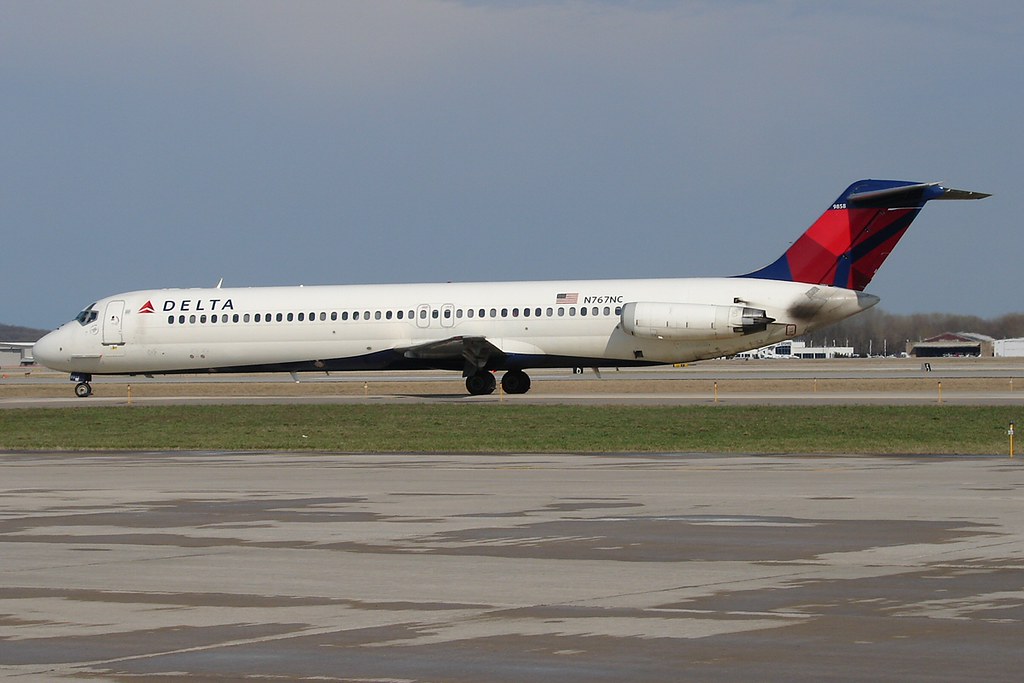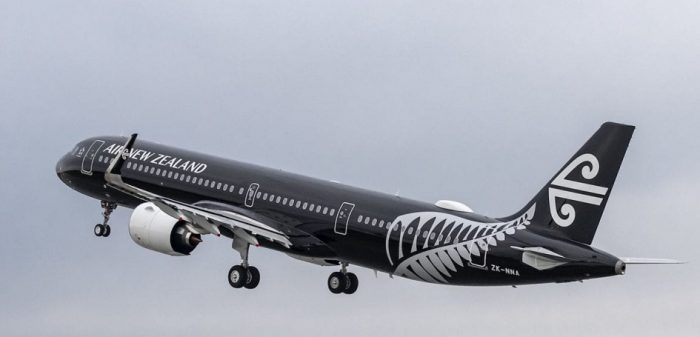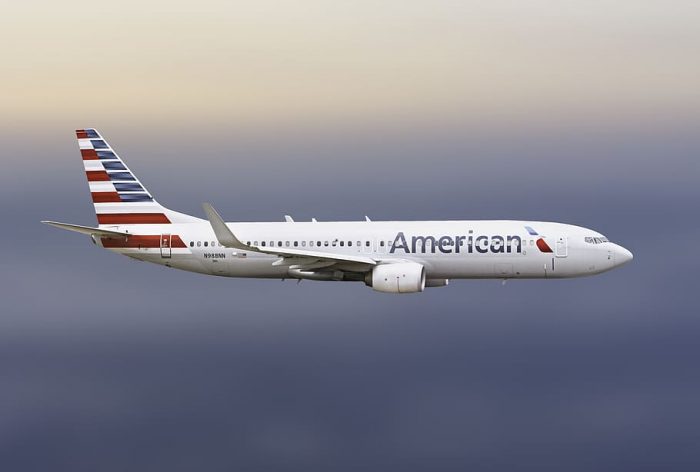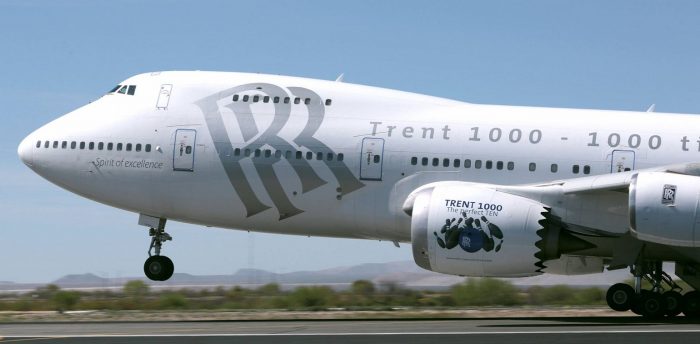Now Reading: Delta to extend caps on passenger numbers due to coronavirus
-
01
Delta to extend caps on passenger numbers due to coronavirus
Delta to extend caps on passenger numbers due to coronavirus

The carrier will continue to limit the number of people on its planes beyond September.
So far Delta Air Lines airline has been capping the amount on board its flights to be less than 60% of capacity.
It is intending to limit the spread of coronavirus and impose some form of social distancing.
Chief Executive Ed Bastian informed the BBC that some of the information about the plan still need to be worked out.
“We will be expanding the cap on the planes post-September, whether it’s 60% or a slightly higher number I don’t know, but yes we absolutely will,” he said.
It’s significant as it means the world’s second-biggest airline by passenger count could well be running flights at a loss for a longer duration.
Data from the US Department of Transportation tells that in 2019, Delta needed to fill 70.6% of the seats on its flights to cover its expenses.
However, airlines are now under even greater financial pressure, with planes sitting idle because of the huge drop in worldwide demand for air travel.
Even those sitting on the tarmac cost their owners cash, including through airport fees and maintenance expenses.
American has not limited its capacity and United has the policy to permit passengers to choose to rebook on a different flight or get a travel credit when flights are 70% full.
More routes are getting back Delta’s schedule, with the carrier this week becoming the first US airline to relaunch flights to China after a row between Washington and Beijing.
Nonetheless, Delta’s boss acknowledges that it’s not going to be straightforward to boost the number of passengers on every plane. With cases of Covid-19 cases continuously increasing in the United States, Bastian says “of course” he is worried about a second wave of the outbreak.
“I’ve said throughout the coronavirus pandemic that it’s going to be a choppy recovery, it’s going to be stops and starts and the virus is going to move, just as people move.”
Like other airlines, Delta has measures in place which would protect those onboard its planes.
“We need to make certain that we take all precautions for our people, for our customers, reinforcing wearing masks, social distancing, keeping our planes only at 60% full, making sure that every seat next to a customer is open, so you have space on board, and doing everything we can to be cautious in the face of the spread,” said Bastian.
“Because until there is a vaccine, it’s going to be very hard to see this industry back at scale.”
Bastian concedes that the decline in scale will mean slashing the number of staff, which is presently around 90,000.
Those roles are all protected until the month of September under the terms of a $5.4 billion bailout plan funded by the US federal government.
Stay Informed With the Latest & Most Important News
Previous Post
Next Post
-
 01Polestar Boss Says It’s Time To Outrun BMW M And Mercedes-AMG
01Polestar Boss Says It’s Time To Outrun BMW M And Mercedes-AMG -
 02Spy Shots: 2027 Mitsubishi Pajero Spotted in Testing Ahead of Possible U.S. Return
02Spy Shots: 2027 Mitsubishi Pajero Spotted in Testing Ahead of Possible U.S. Return -
 032026 Toyota Hilux EV: A Powerful Truck with Silent Torque
032026 Toyota Hilux EV: A Powerful Truck with Silent Torque -
 04Spy Photos: VW ID. Polo GTI Goes Electric with 223 HP and 280 Miles of Range
04Spy Photos: VW ID. Polo GTI Goes Electric with 223 HP and 280 Miles of Range -
![2027 Mercedes-Benz S-Class Debuts with V8 Engine [Photo Gallery]](https://speedlux.com/wp-content/uploads/2026/01/2027-Mercedes-Benz-S-Class-33-155x125.jpg) 052027 Mercedes-Benz S-Class Debuts with V8 Engine [Photo Gallery]
052027 Mercedes-Benz S-Class Debuts with V8 Engine [Photo Gallery] -
 06The Controversial Ford Voodoo V8 That Was Killed Off Too Early
06The Controversial Ford Voodoo V8 That Was Killed Off Too Early -
 07Hyundai Palisade’s Breakout Year Shows How Quickly the Market Can Turn
07Hyundai Palisade’s Breakout Year Shows How Quickly the Market Can Turn


![2027 Mercedes-Benz S-Class Debuts with V8 Engine [Photo Gallery]](https://speedlux.com/wp-content/uploads/2026/01/2027-Mercedes-Benz-S-Class-33-700x394.jpg)












































